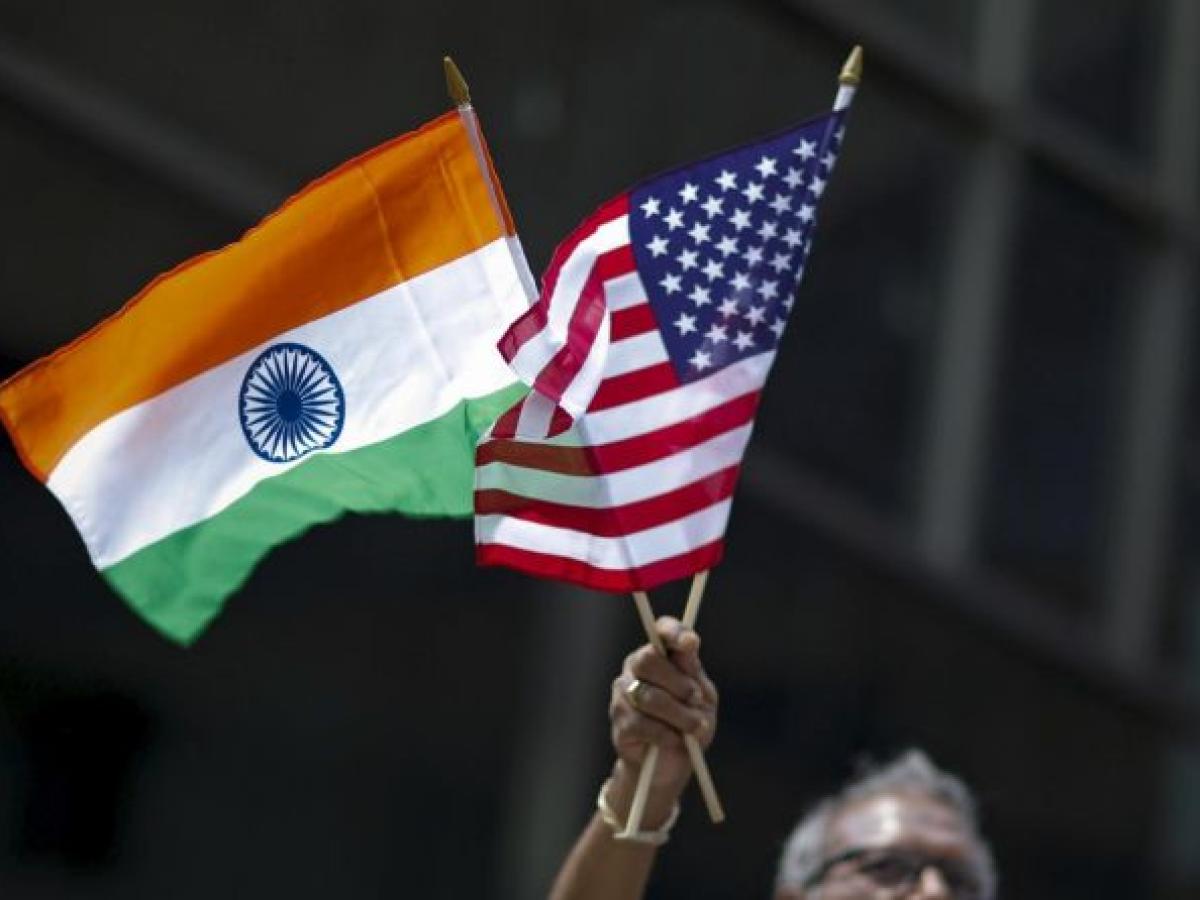Customs Rule Changes Raise Import Compliance Costs: GTRI

However, it said the move would curb the misuse of FTAs as India has seen repeated instances where goods originating from non-FTA countries, such as China, were rerouted through FTA member countries like Vietnam or Singapore to exploit preferential duty benefits.
On March 18, the Ministry of Finance issued a notification, introducing amendments to the Customs (Administration of Rules of Origin under Trade Agreements) Rules, 2020 (CAROTAR).
The amendment replaces the term, "Certificate of Origin" (CoO), with a broader term, "Proof of Origin", across various rules and forms under the CAROTAR framework, the Global Trade Research Initiative (GTRI) said.
"This change comes in conflict with the several existing FTAs with ASEAN etc where certificate of origin issued by the exporting country is the accepted document," GTRI Founder Ajay Srivastava said, adding the move could make it harder for businesses to do concessional tariff imports.
Electronics, white goods, and auto components often shipped through ASEAN (Association of SouthEast Asian Nations) countries are likely to face heightened scrutiny, Srivastava said.
GTRI has urged the government to publish a detailed framework outlining what qualifies as acceptable proof of origin, and to provide redress mechanisms for importers facing unjustified denials of preferential tariff claims.
It said that now importers would have to ensure access to comprehensive supporting documents that establish the origin of the goods, which is not always feasible, especially when exporters are reluctant to share sensitive trade data like raw material invoices or production costs.
"The compliance burden will increase, as there is no strict definition of what constitutes adequate proof. If not satisfied, Customs can deny preferential tariffs, effectively imposing full duties and penalties," it said.
It added that importers may also be compelled to share sensitive commercial information, which not only raises privacy and confidentiality concerns, but may also subject them to arbitrary or inconsistent treatment.
"This change dramatically increases the compliance burden for importers," Srivastava said, adding, "It gives Customs officials the power to demand detailed production records, invoices, and cost breakdown information that many foreign suppliers are unwilling to share due to commercial sensitivities."
This level of scrutiny, critics argue, could lead to delays at ports, higher legal risks, and greater discretion in Customs enforcement, increasing the potential for harassment and corruption, he said.
Further, he expressed concerns that the amendment may potentially conflict with the commitments India has made in various FTAs.
"For instance, under the ASEAN-India FTA, the certificate issued by the exporting country was meant to be final," Srivastava said. "The imposition of further requirements by Indian Customs not only goes beyond the agreement but also risks diplomatic fallout.
You May Like To Read
MORE NEWS
Helmets maker Studds Accessories is set to go public again with an IPO, offering 77.9...
Pakistan agrees to new taxes, including a carbon levy and increased water prices, in...
The US auto tariffs are unlikely to significantly impact India's auto sector, says...
Mali's rural areas see a solar power boom, but political instability, insecurity, and...
Office leasing in India's top 7 cities rose 15% to 159 lakh sq ft in Q1 2025, driven by...
Auto stocks plunged on Thursday after US President Donald Trump announced 25% tariffs...
US tariffs on auto imports are expected to impact Indian auto component makers more...
Indian stock markets rebounded in early trade on Thursday, driven by foreign fund...
The Indian rupee depreciated 24 paise to 85.93 against the US dollar in early trade on...
Gujarat boasts 32,924 MW of installed renewable energy capacity, accounting for 15% of...